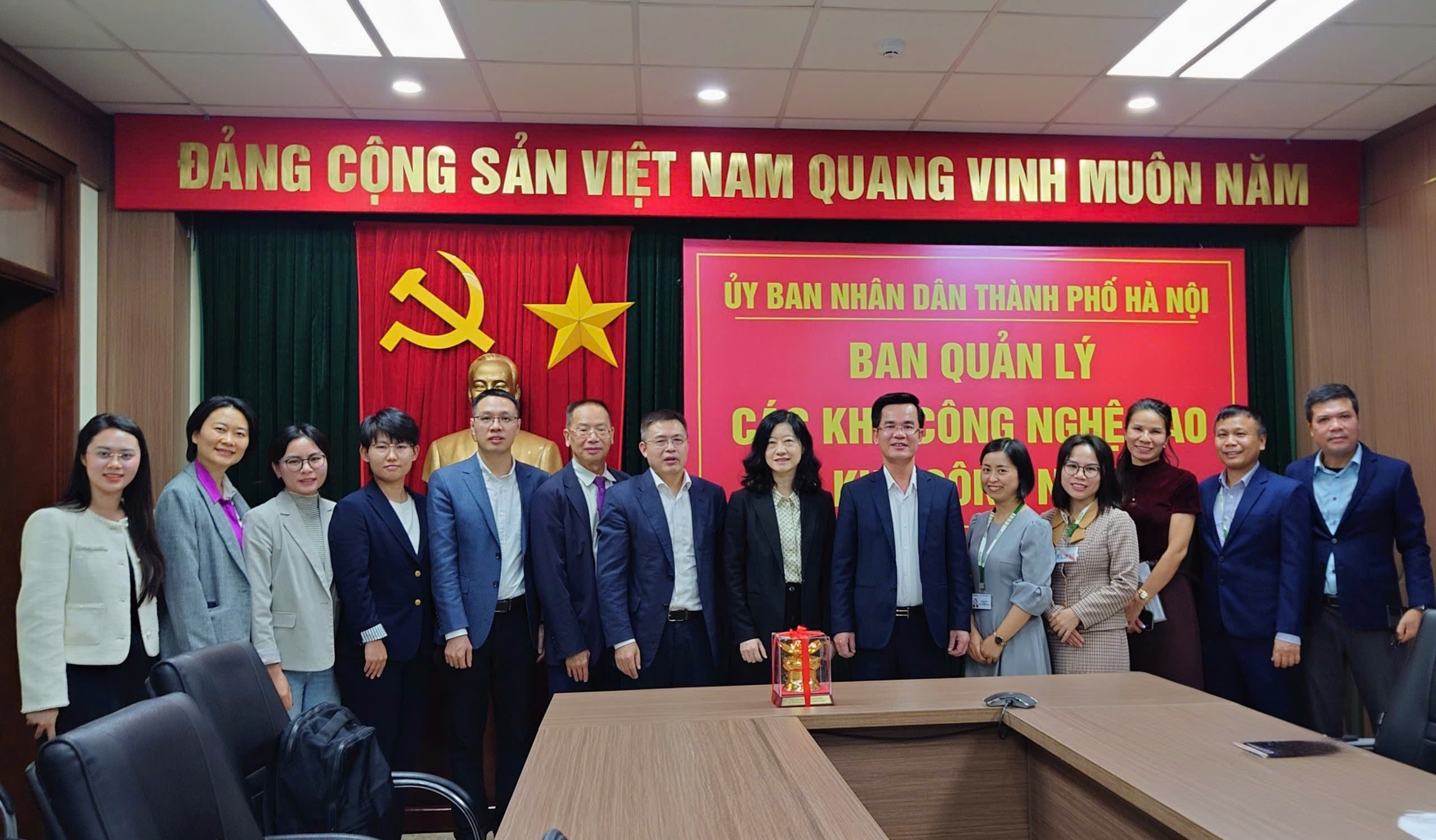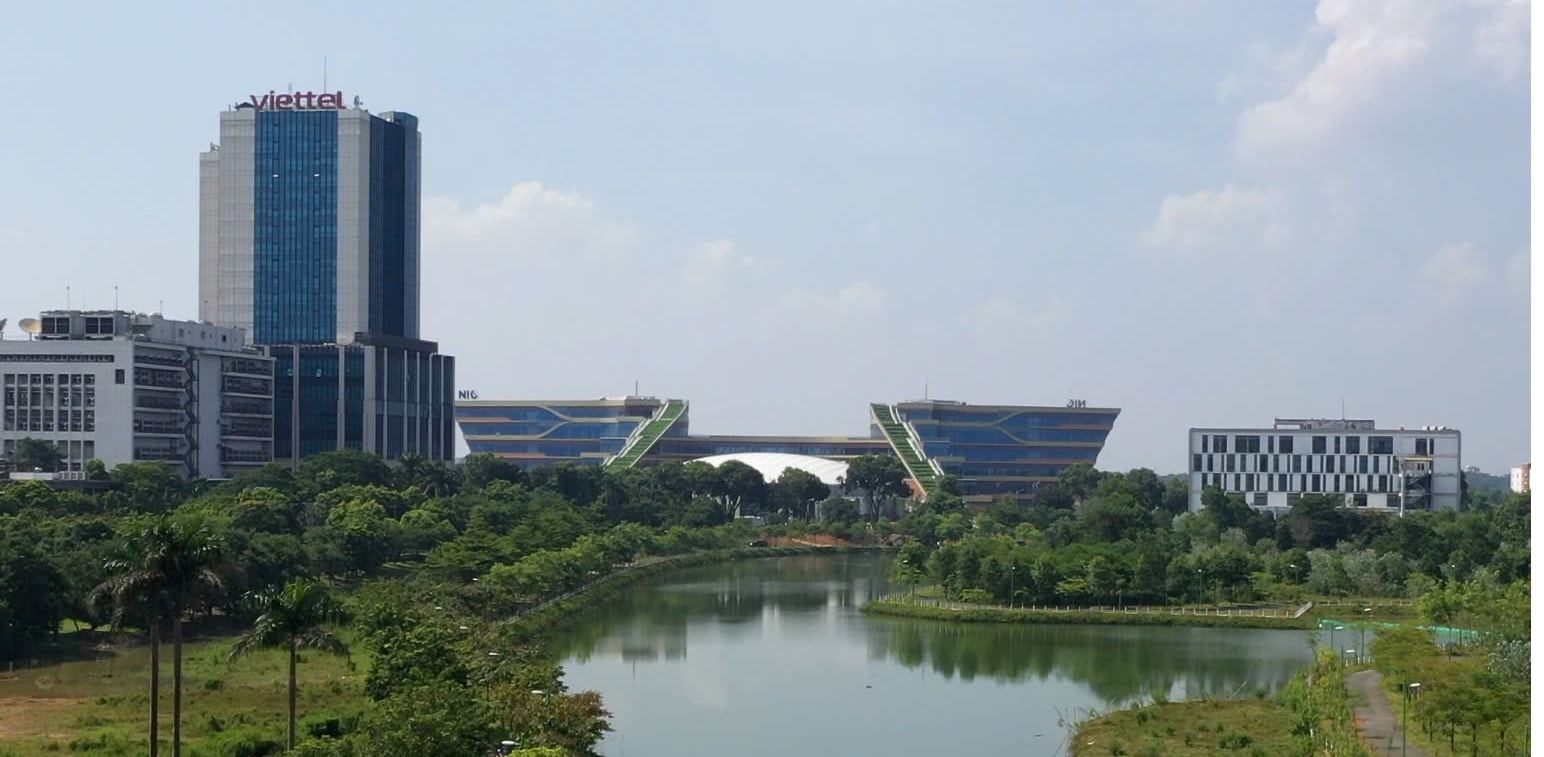Japan assures premier on co-operation agreement
Viet Nam’s proposal to access part of the Japanese government’s rescue package for Asian countries to deal with the global economic crisis would be given due attention, Japanese Prime Minister Taro Aso told Vietnamese Prime Minister Nguyen Tan Dung on May 23, 2009. And Japan’s Diet was now working hard to ratify the Viet Nam- Japan Economic Partnership Agreement, he said.
 The assurances were given when two prime ministers met at the 15th "Future of Asia" Summit in Tokyo. Prime Minister Dung had asked that Japan maintain Viet Nam on its assistance priority list and increase Official Development Assistance. He pledged that Viet Nam would work closely with Japan to prevent corruption as required by the Viet Nam-Japan Anti-corruption Committee. Both leaders agreed to establish an exchange forum to enable Japan to acquire the information necessary to declare Viet Nam a market economy. Both agreed also to jointly organise activities in the framework of "Mekong -Japan Exchange Year 2009." This will include a Japanese Festival in the central city of Hoi An, the "Mekong- Japan cultural and tourism days" in the southern city of Can Tho and numerous international forums. Viet Nam and Japan will also accelerate the building of North-South Railway; the Hoa Lac Hi-tech Zone and Ha Noi’s Noi Bai International Airport’s Terminal T2. Prime Minister Taro Aso said he highly valued the efforts of the Vietnamese Government and people to mitigate the effects of the economic crisis. He invited Prime Minister Dung to participate the 1st Mekong- Japan Summit in Japan later this year and was in turn invited to visit Viet Nam.
The assurances were given when two prime ministers met at the 15th "Future of Asia" Summit in Tokyo. Prime Minister Dung had asked that Japan maintain Viet Nam on its assistance priority list and increase Official Development Assistance. He pledged that Viet Nam would work closely with Japan to prevent corruption as required by the Viet Nam-Japan Anti-corruption Committee. Both leaders agreed to establish an exchange forum to enable Japan to acquire the information necessary to declare Viet Nam a market economy. Both agreed also to jointly organise activities in the framework of "Mekong -Japan Exchange Year 2009." This will include a Japanese Festival in the central city of Hoi An, the "Mekong- Japan cultural and tourism days" in the southern city of Can Tho and numerous international forums. Viet Nam and Japan will also accelerate the building of North-South Railway; the Hoa Lac Hi-tech Zone and Ha Noi’s Noi Bai International Airport’s Terminal T2. Prime Minister Taro Aso said he highly valued the efforts of the Vietnamese Government and people to mitigate the effects of the economic crisis. He invited Prime Minister Dung to participate the 1st Mekong- Japan Summit in Japan later this year and was in turn invited to visit Viet Nam.
Diet talks
Prime Minister Dung also met with Japan’s House of Representatives Speaker Yohei Kono and House of Councillors President Satsuki Eda on May 23, 2009. They all agreed the visit to Viet Nam by Crown Prince Naruhito in February and Communist Party of Viet Nam General Secretary Nong Duc Manh to Japan last month had played a significant role in lifting the ties between the two countries to new heights.
The Prime Minister thanked the Japanese representatives and people for their enormous support to Viet Nam’s economic development and all expressed pleasures at the regular exchanges between the two legislative bodies and the activities of the Viet Nam -Japan Parliamentary Friendship Group. He passed on an invitation from National Assembly Chairman Nguyen Phu Trong for the Japan’s Diet leaders to visit Viet Nam in the immediate future.
Meetings
The Prime Minister also met with Japan’s former Prime Minister Shinzo Abe; Japan Atomic Industrial Forum, JAIF, Executive Chairman Hattori Takuya; Japan International Co-operation Agency, JICA, and Japan External Trade Organisation, JETRO, representatives and economist Yukio Okamoto. He expressed the hope that Shinzo Abe would continue his support for Viet Nam and help lobby the Diet to quickly ratify the Viet Nam-Japan Economic Partnership Agreement. Shinzo Abe said he supported the agreement and all of Japan’s major investment projects in Viet Nam.
The JAIF, JICA and JETRO representatives all affirmed their continued contribution to the growing ties between the two countries and suggested that Viet Nam might pay more attention to protection of the environment and ensuring resilience to climate change.
Industrial development
Transport Minister Ho Nghia Dung endorsed Japan’s proposal for industrial corridors to enhance the industrial development of East Asia at the second and final day of the Future of Asia conference on May 23, 2009. Viet Nam had already extended its participation in the network through national logistic corridors, he said.
And the Viet Nam Government had made development of the transport networks a priority in support of the idea.
The networks would link Viet Nam’s important economic zones to other countries on the Indochina peninsular and Southeast Asia. The minister said three major transport corridors would be built. The northern corridor from Ha Noi would link key northern economic zones to southern China and Laos. The southern corridor from HCM City would link the Mekong River Delta, the national rice basket, with Cambodia and Thailand. The east-west corridor would link economic zones to Laos, Myanmar, Cambodia, and other countries in Southeast Asia and East Asia.
The minister said the northern corridor would create conditions favourable to heavy industry, including oil and gas; ship building; steel and consumer goods. Processing and ship building would develop along the central coast. Oil and gas, engineering, manufacturing and assembly would be established in the southern corridor. The corridors would create even country-to-country economic development and create a framework for co-operation and an open division of international labour in which Viet Nam would play an important role. Poor transport infrastructure had not only hampered trade but had been a serious obstacle to potential investors, the minister said.
Japanese view
The development of logistic corridors would boost regional trade, said Canon Incorporated Global Manufacturing and Logistics Headquarters group executive director Tetsuro Tahara. An example was the cost and time that would be saved on the China-Viet Nam route. It took eight days to carry Canon cargo from Ha Noi to Guangzhou, China. Now, by land, it took three. Although the cost of transport was higher, land transport had tripled the weekly frequency of cargoes. This has been of great benefit to the company. But the loading and reloading of trucks at the Lang Son border gate cost time and money.
The time to carry the cargo from Ha Noi to Guangzhou, about 400km, would be reduced to little more than four hours instead of three days if the company did not have to unload and load its goods at the border. He suggested regional customs regulations to facilitate trade. Time saving automatically translated into cost savings, he said.
Nguồn: Chinhphu.vn
Các bài viết khác
- • Leaders of high-tech parks from the Asian Science Park Association (ASPA) gathered in Ha Noi
- • Hội nghị các nhà Lãnh đạo các Khu công nghệ cao Châu Á lần thứ 4 (phần 1)
- • Cắm mốc đất cho dự án xây dựng Trung tâm điều khiển vệ tinh VNREDSat1
- • Quy hoạch chi tiết xây dựng tỷ lệ 1/2000 Khu Công nghiệp công nghệ cao 1
- • Thống nhất về kế hoạch GPMB Khu Công nghệ cao Hoà Lạc từ nay đến cuối năm 2009 giữa UBND huyện Thạch Thất - Ban quản lý Khu CNC Hòa Lạc
- • Đối thoại Doanh nghiệp - Ngân hàng
- • Hội nghị trực tuyến phổ biến triển khai Luật Công nghệ cao
- • Điện thoại “MADE IN HHTP”
- • Chuẩn bị cho chương trình làm việc Thủ tướng Chính phủ Nguyễn Tấn Dũng tại Nhật Bản
- • Đưa dự án Trung tâm vũ trụ Hòa Lạc vào danh sách ưu tiên vay vốn ODA Nhật Bản trong năm 2009



